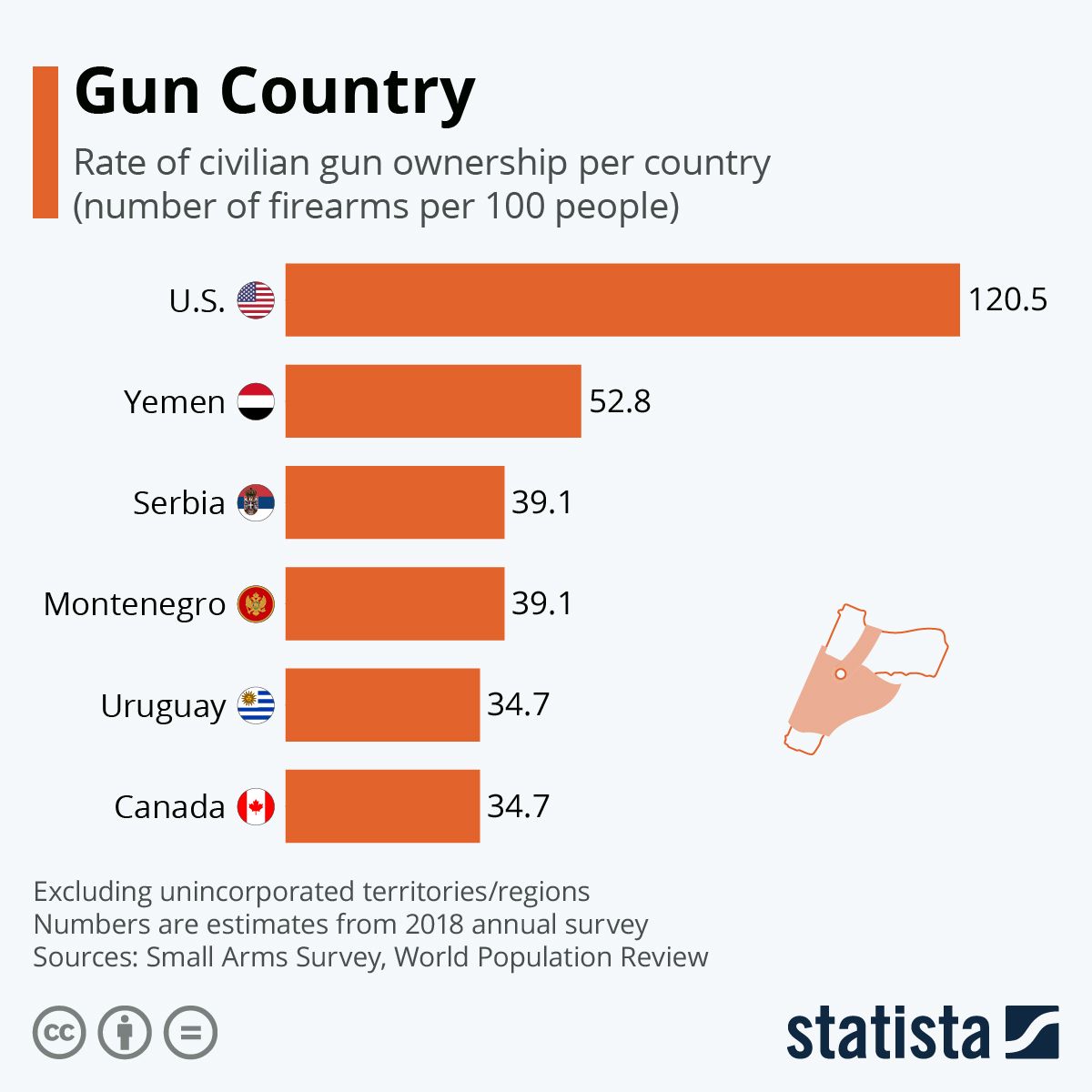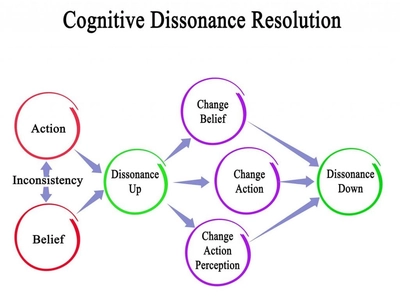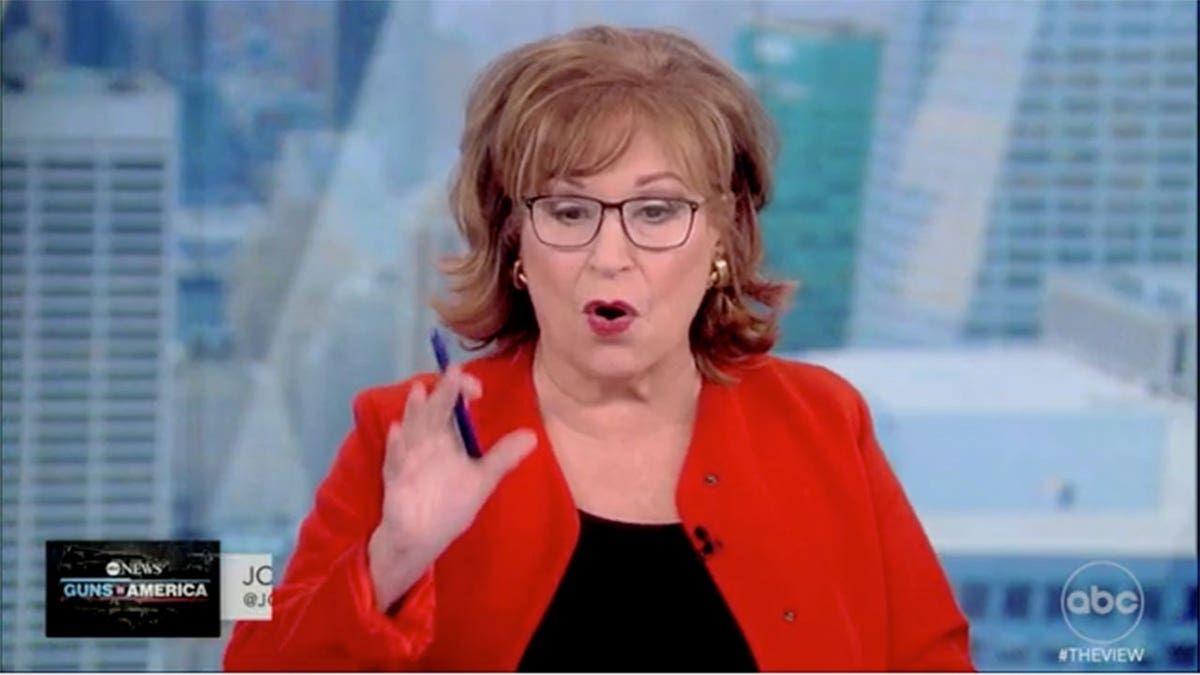This Gun Advocate Just Accidentally Made the Strongest Case for Gun Control Ever
It happened in real-time, on camera, and it was absolutely devastating.
A gun rights advocate, mid-debate, delivered what might be the most unintentionally powerful argument for stricter gun regulations ever captured on video. She didn't mean to. She was trying to defend police officers. But in doing so, she completely obliterated her own position on civilian gun ownership.
Here's what happened:
The Setup: "Why Don't Police Just Shoot to Wound?"
The conversation started innocently enough. Someone questioned why police officers don't simply "shoot them in the leg" instead of using lethal force. It's a common question that comes up after every police shooting incident.
The gun advocate jumped in to defend law enforcement, explaining that her homicide detective boyfriend had told her this was unrealistic. She was absolutely right about this part.
The Devastating Contradiction
Then came the moment that changed everything. She explained, with complete confidence:
"You have to shoot when you're trained with a weapon for the mass of the body. So to shoot a leg or a wrist happens in a James Bond film, but in real life, that's actually not something that they can do... Because it's hard enough to hit a target."
She continued: "You target practice on a mass, which is the main part of your body, your torso."
And then, the question that stopped her cold:
"So if it's hard to hit a target, why do these gun-toters want us to constantly have guns when we're not trained to even shoot as well as a police officer?"
Silence.
The Numbers Don't Lie
Her accidental argument becomes even more powerful when you look at the actual statistics. According to RAND Corporation studies of police shooting accuracy, even highly trained police officers hit their intended targets less than 30% of the time in real-world situations.
Let that sink in: Professional law enforcement officers, with extensive training, regular practice, and qualification requirements, miss their targets more than 70% of the time when it matters most.
The Training Gap Is Staggering
Police officers undergo:

- Months of academy training
- Regular qualification requirements
- Ongoing tactical training
- Stress inoculation exercises
- Regular recertification
Meanwhile, in most states, civilian gun owners need:
- A background check
- Sometimes a brief safety course
- No ongoing training requirements
- No accuracy testing
- No stress scenario training
The Cognitive Dissonance Problem
This moment perfectly illustrates what psychologists call cognitive dissonance - holding two contradictory beliefs simultaneously. The advocate clearly understood that:
- Shooting accurately under stress is extremely difficult
- Even highly trained professionals struggle with accuracy
- Precise shooting requires extensive, ongoing training
Yet she simultaneously believed that:
- Untrained civilians should carry guns everywhere
- More guns in public spaces makes everyone safer
- Minimal training requirements are sufficient
Why This Matters Beyond the Debate
This isn't just about politics or gun rights. It's about basic logic and public safety. When even professional law enforcement - people who train regularly and qualify repeatedly - struggle with accuracy under pressure, what does that tell us about the average citizen?
The Force Science Institute has documented that in high-stress situations:
- Heart rate spikes to 150+ beats per minute
- Fine motor skills deteriorate dramatically
- Vision narrows and hearing diminishes
- Decision-making becomes impaired
If trained officers struggle under these conditions, how can we expect better performance from civilians with minimal training?
The Uncomfortable Truth
The advocate's explanation perfectly captured why the "good guy with a gun" narrative is so problematic. She inadvertently explained why arming more civilians might actually make situations more dangerous, not safer.
When she said "it's hard enough to hit a target," she wasn't just defending police officers - she was making the case for why we should think twice about putting firearms in the hands of people with even less training.
The Moment of Realization
You can almost see the wheels turning in the video. The moment when she realizes what she's just argued. The pause. The silence. The dawning awareness that her defense of police training standards had just undermined her entire position on civilian gun ownership.

It's a perfect example of how sometimes the most powerful arguments come not from opponents, but from advocates who accidentally think their position through to its logical conclusion.
What This Reveals About Our Discourse
This moment reveals something troubling about how we discuss complex policy issues. Too often, we argue from emotion and ideology rather than following the logical implications of our own stated beliefs.
The advocate clearly hadn't thought through the implications of her own argument. She knew police needed extensive training to be effective with firearms, but hadn't connected that to the question of civilian gun ownership.
The Broader Implications
This accidental argument raises serious questions:
- If professional accuracy is so poor, what about civilian accuracy?
- If trained officers struggle under stress, how do civilians perform?
- If hitting a target is "hard enough" for professionals, what about amateurs?
- If extensive training is required for effectiveness, why don't we require it?
The Uncomfortable Questions
The advocate's own logic leads to some uncomfortable questions for gun rights supporters:
- Should civilian gun owners meet the same training standards as police?
- Should there be regular qualification requirements?
- Should we require ongoing training and recertification?
- If accuracy is so difficult, should we reconsider who carries guns and where?
The Power of Accidental Honesty
Sometimes the most powerful arguments come from unexpected sources. This advocate, trying to defend one position, accidentally made the strongest possible case for the opposite view.
Her honesty about the challenges of accurate shooting under pressure revealed the fundamental contradiction in arguing for extensive police training while simultaneously promoting minimal civilian training requirements.
Moving Forward
Regardless of where you stand on gun rights, this moment should prompt serious reflection. If we truly care about public safety - whether from criminals or from well-meaning civilians with poor training - we need to have honest conversations about what effective gun policies actually look like.
The advocate's accidental argument suggests that maybe, just maybe, we should listen to what the experts have been saying all along: guns are tools that require serious training to use safely and effectively.
And if that's true, then perhaps our policies should reflect that reality.
The video serves as a reminder that sometimes the most powerful arguments come not from what we intend to say, but from what we accidentally reveal about the contradictions in our own thinking.



